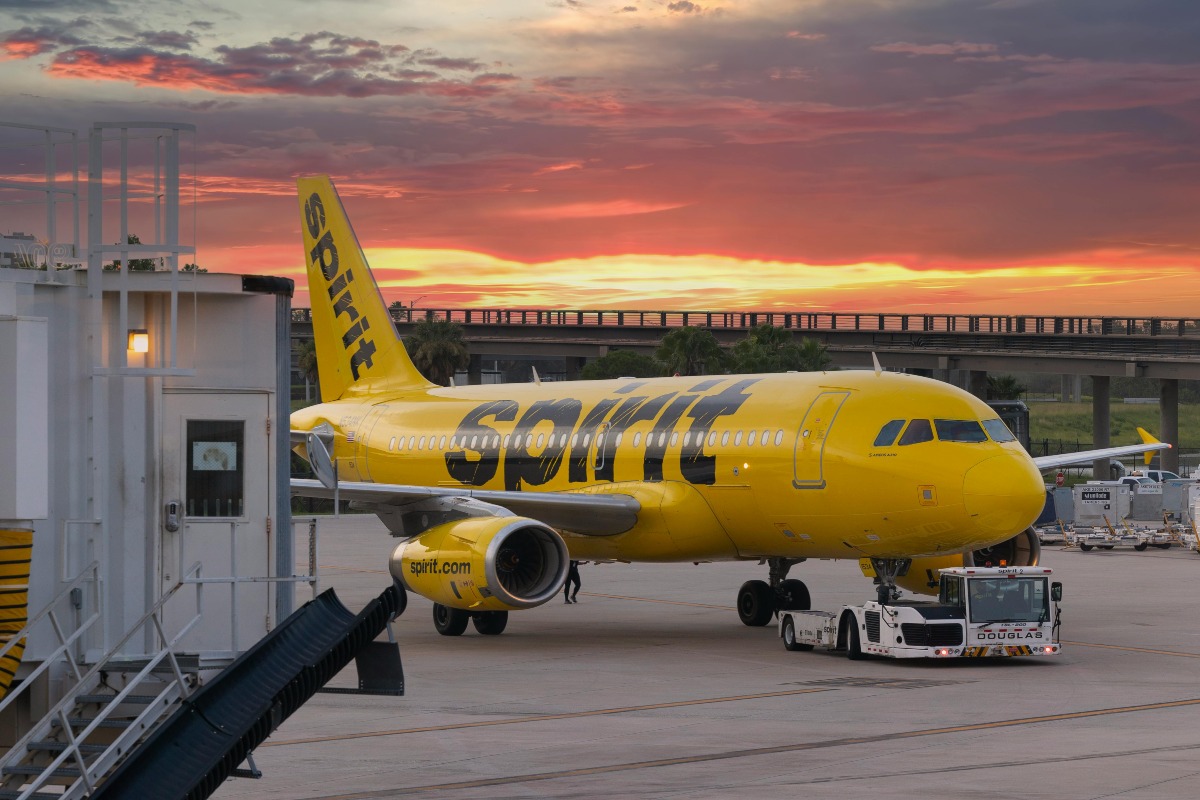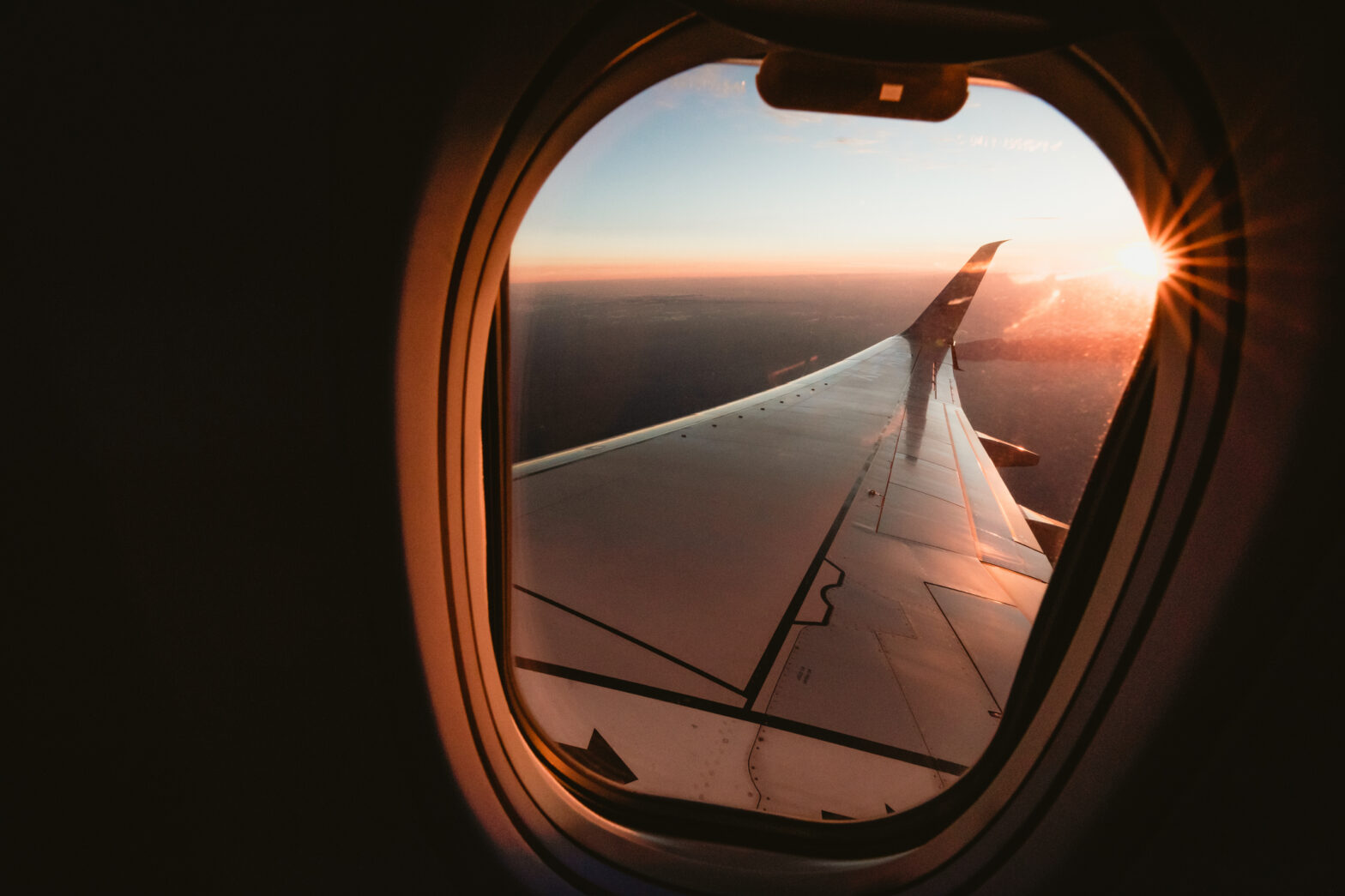As expected, following last week’s reports of a potential bankruptcy, Spirit Airlines has formally filed for Chapter 11 bankruptcy protection. This decision comes as the airline faces financial challenges exacerbated by the COVID-19 pandemic and shifting consumer preferences. As travelers prepare for the upcoming holiday season, many wonder what the bankruptcy filing means for their travel plans.
Spirit Airlines’ Road To Bankruptcy
Spirit Airlines’ road to bankruptcy has been a turbulent one. The airline, known for its no-frills, low-cost flights, has struggled to regain its footing in the post-pandemic era. Since the beginning of 2020, Spirit has accumulated losses exceeding $2.5 billion, coupled with mounting debt. The company’s financial woes have been attributed to rising operating expenses and intensified competition in the budget airline sector.
The changing preferences of consumers have also played a crucial role in Spirit’s difficulties. Jungho Suh, a management professor at George Washington University School of Business, told CBS MoneyWatch, “We can clearly see that consumer preferences have changed in favor of a more premium product, and the low-cost airlines are struggling. They don’t want to see any added costs; they want an all-in, full-service offering.”
Impact On Travelers
For travelers with existing Spirit Airlines reservations, the immediate message from the company is one of reassurance. Spirit has stated that customers can continue to book and fly as usual. The airline emphasizes that all existing tickets, credits, and loyalty points remain valid. They also expect to continue operating normally throughout the bankruptcy process, with plans to emerge “even better positioned to deliver the best value in the sky” by the first quarter of 2025.
However, industry experts advise travelers to remain vigilant. Brian Kelly, founder of The Points Guy, recommends that customers keep a close eye on their bookings and ensure their contact information is up to date. Kelly highlighted to CBS MoneyWatch that this precaution is crucial as the airline might trim its schedule, which could result in flight modifications or cancellations.





